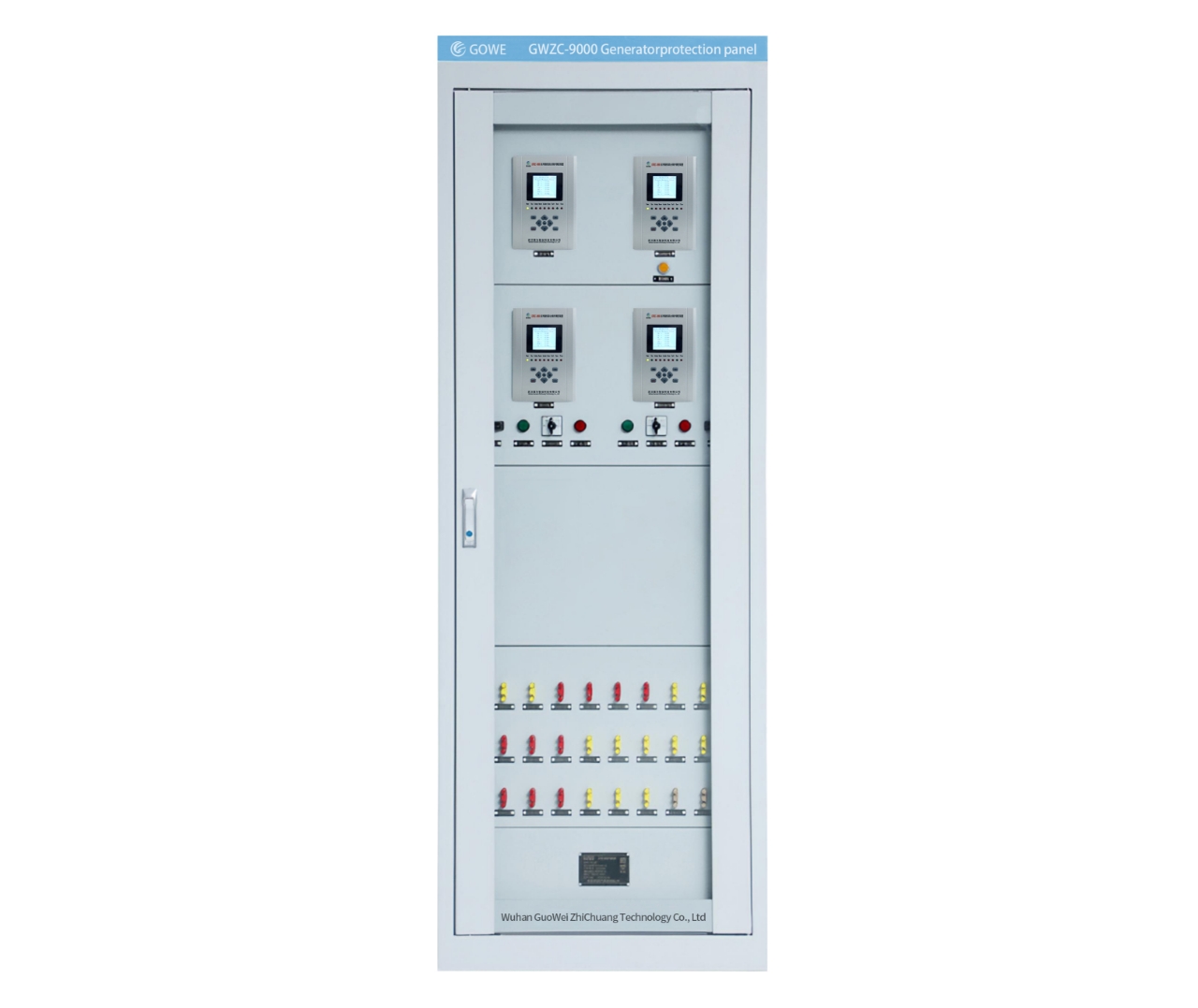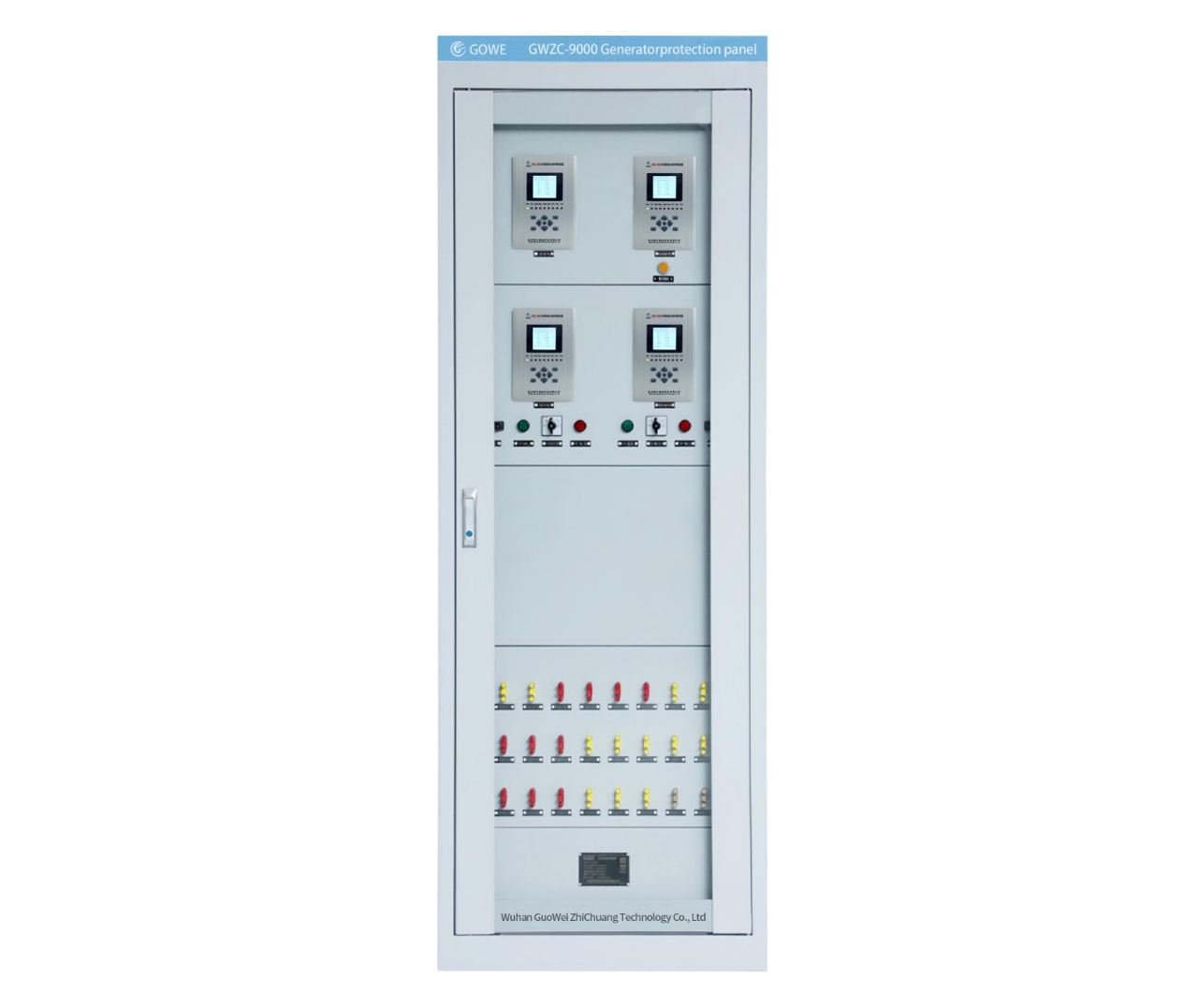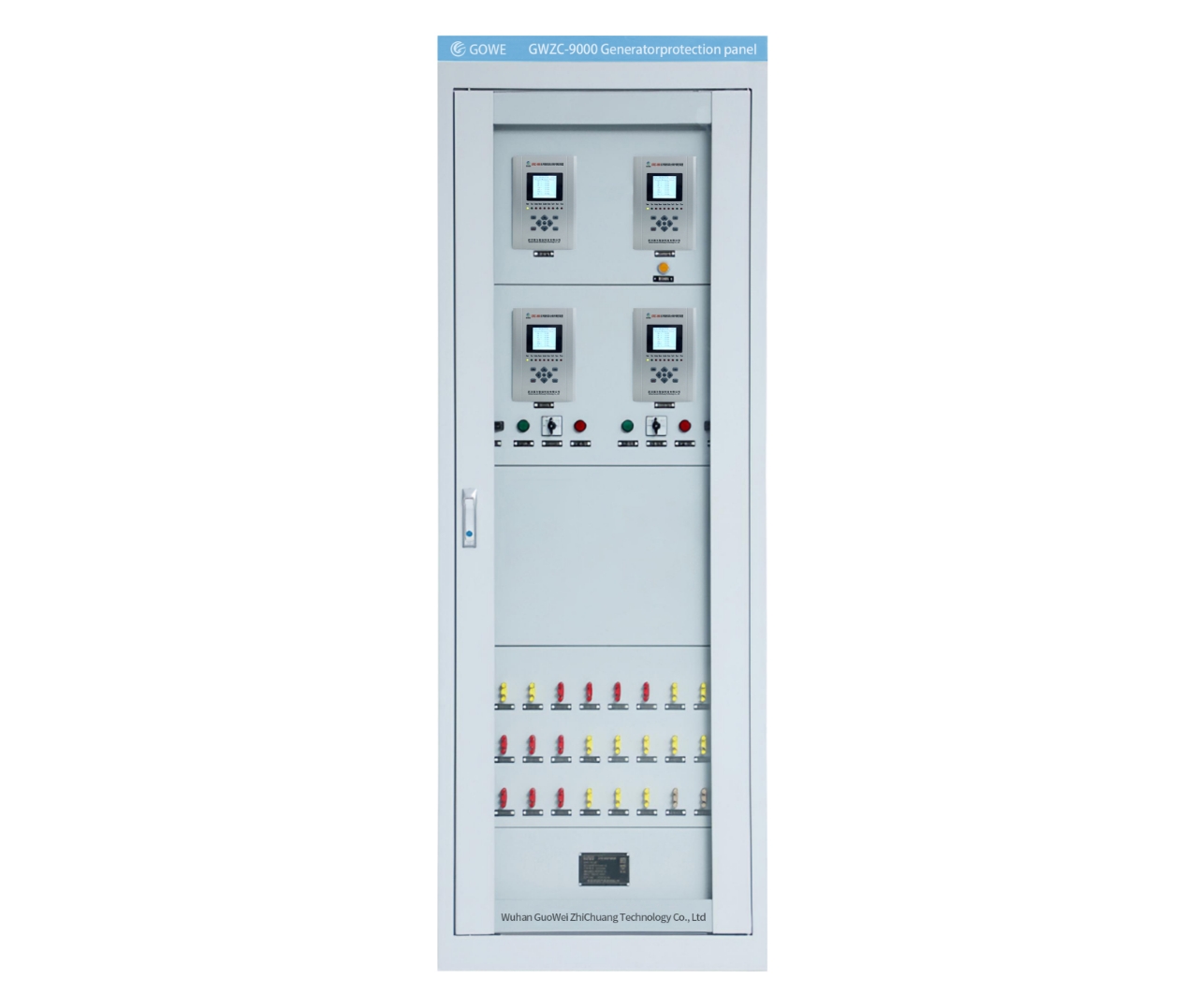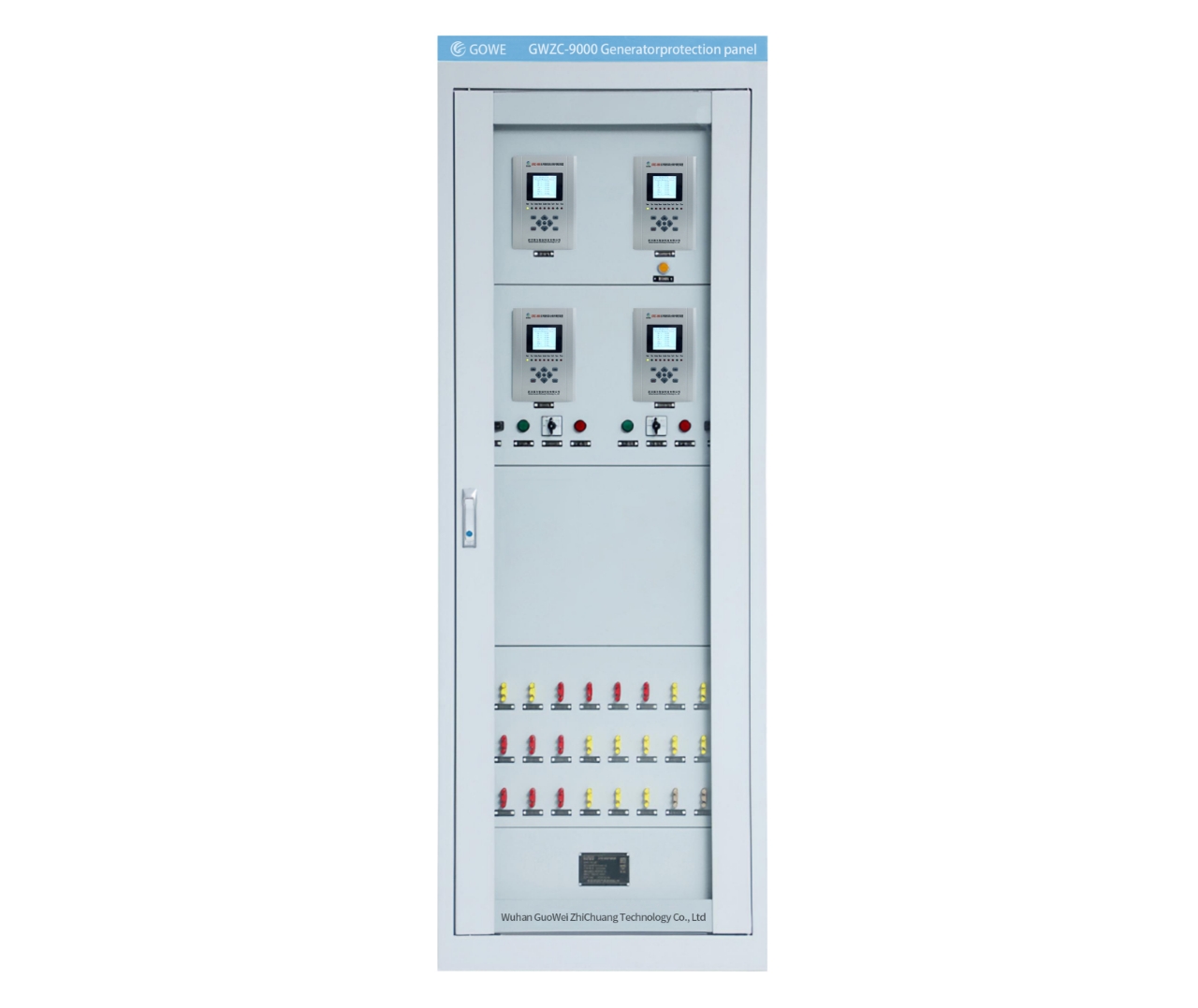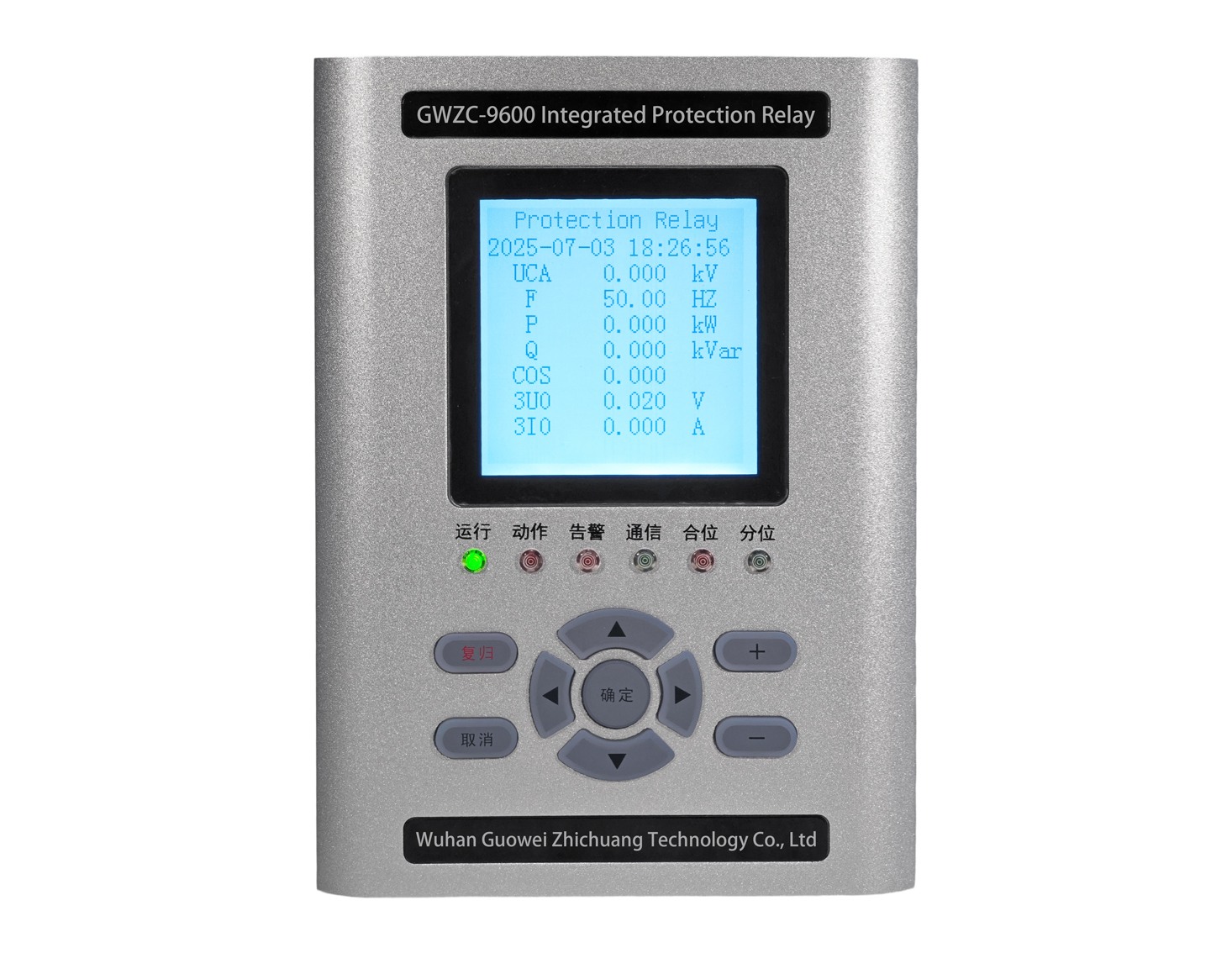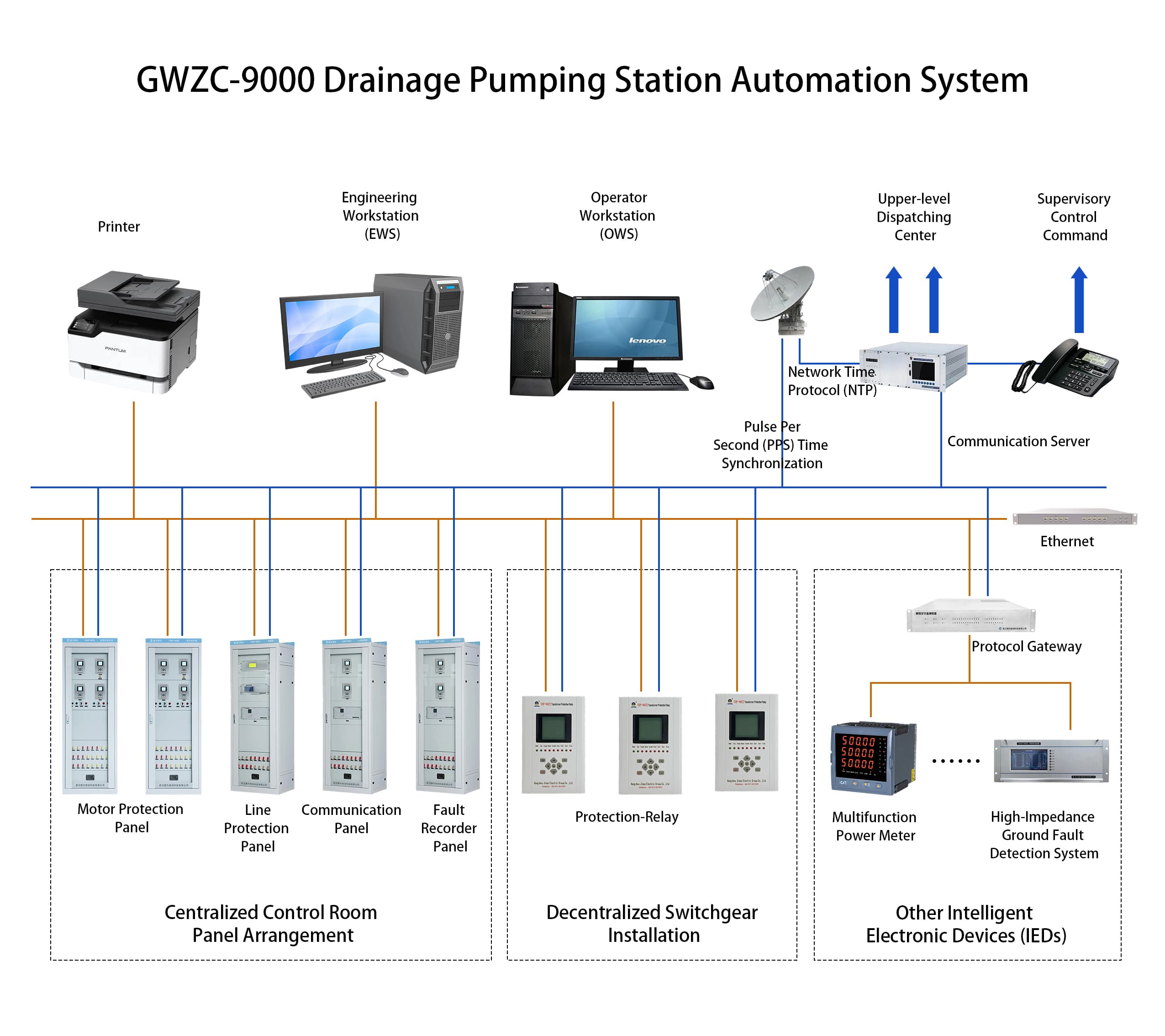
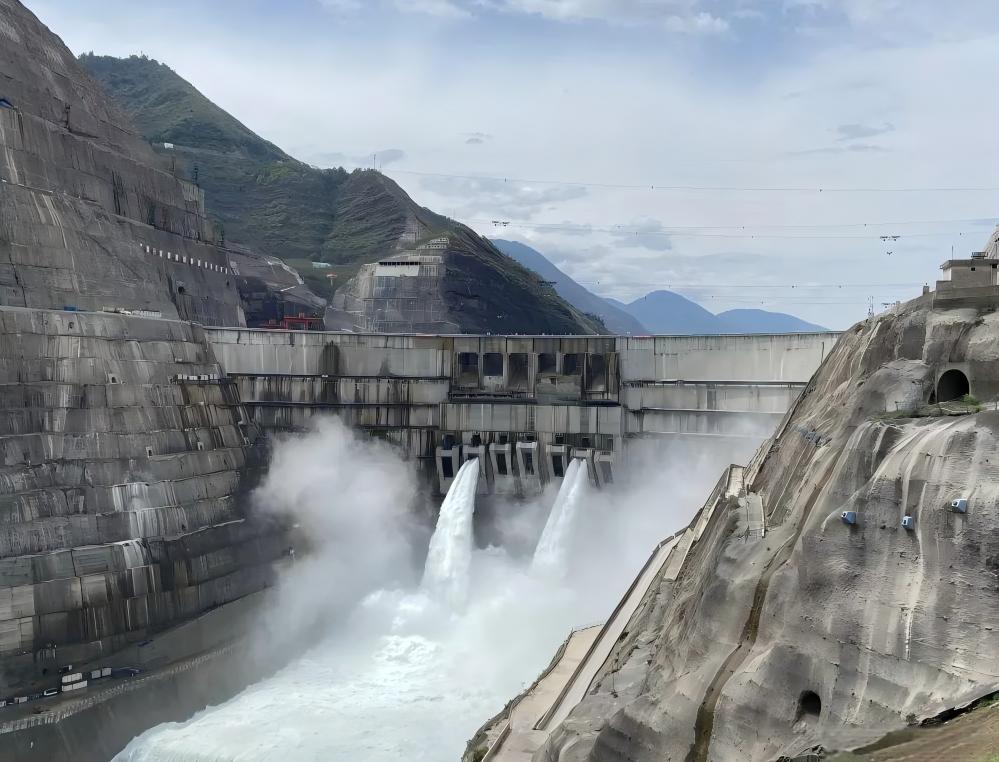
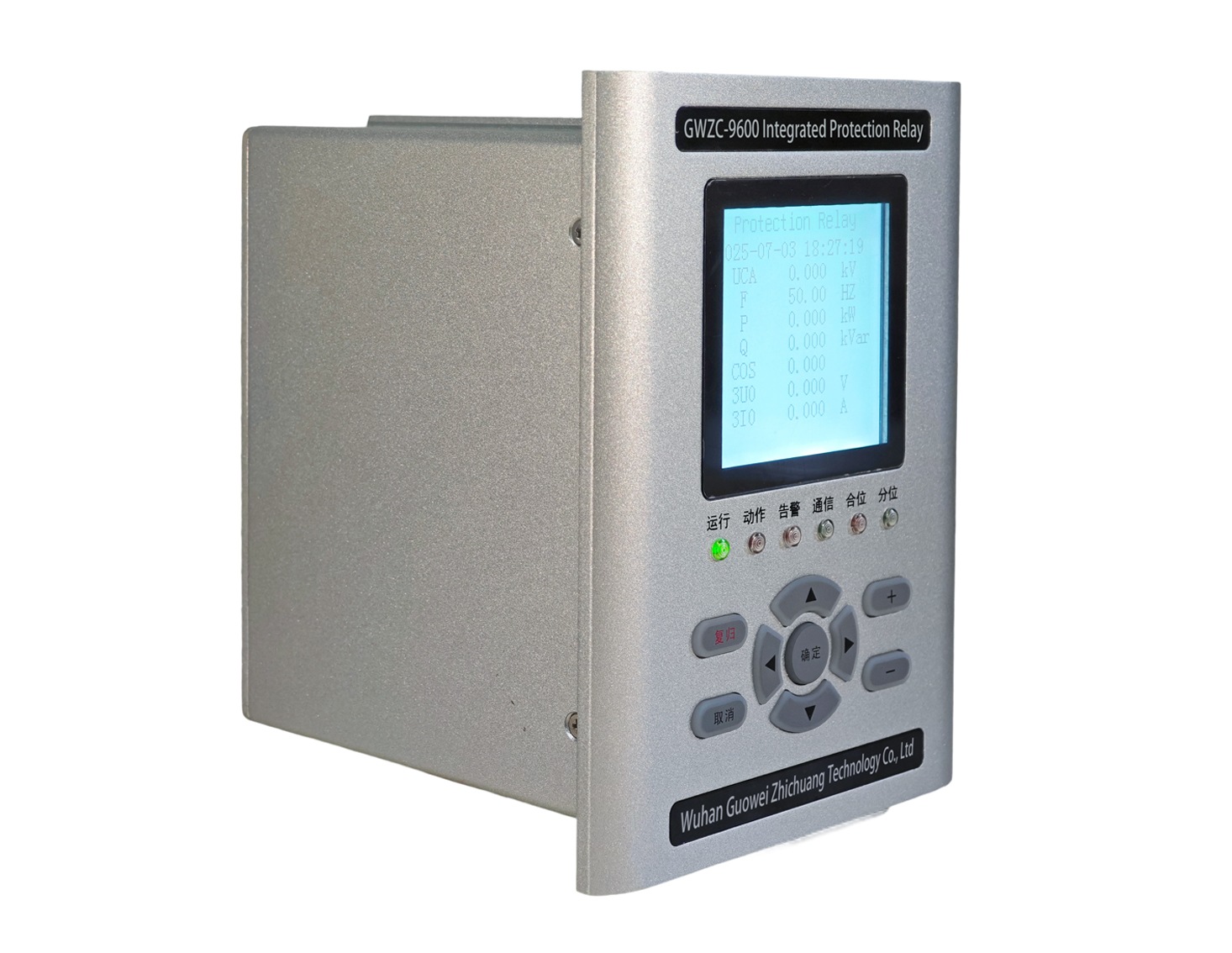
Scope of Application: The GWZC-9000 RTU Communication Panel is used in photovoltaic stations, substations, power plants, and power automation systems for protocol conversion, data acquisition, and transmission.
System Composition: Housed in a cabinet (2260×800×600 mm), it includes an RTU, protocol converters, channel switches, network switches, fiber converters, and related accessories.
Primary Functions:
Protocol Conversion: Converts between protocols (Modbus, IEC 103, IEC 104, IEC 61850, TCP/IP) for uplink transmission.
Data Acquisition & Transmission: Collects data from substation devices (e.g., protection relays, meters), converts it into the SCADA/dispatch center’s required protocol(s), and transmits critical operational data to the master station/dispatch system.
GWZC-9000 Remote Terminal Unit (RTU) Communication Panel
A Remote Terminal Unit (RTU) Communication Panel integrates functions such as power data acquisition, protocol conversion and transmission, switch signal acquisition, remote parameter modification, and dispatch center control. It is primarily used in photovoltaic power stations, switching stations, substations, and distribution rooms.
This panel is capable of data exchange with various bay-level intelligent devices, performing precise time synchronization, transmitting telemetry and telesignaling data to backend systems and dispatch centers, and receiving telemetering and telecommand signals from backend systems or dispatch centers. This enables automated control of photovoltaic power stations, switching stations, substations, and distribution rooms.
Telecontrol Communication Panel: Key Configurations & Functions
1.Remote Terminal Unit (RTU)
Core processor. Acquires station-wide real-time data (telemetry, telesignaling, metering), formats it for SCADA/EMS systems, executes remote control/regulation commands, and communicates with control centers via standard protocols (e.g., IEC 60870-5-104, IEC 61850 TASE.2). Often configured with hot-standby redundancy.
2、Protocol Gateway
Protocol translator. Converts non-standard or heterogeneous substation device protocols (e.g., Modbus, IEC 60870-5-103) to standard telecontrol protocols (e.g., IEC 60870-5-101/104) for TMU or direct SCADA communication. Enables interoperability and offloads processing from the TMU.
3.GNSS Time Synchronization Unit (GPS/BeiDou)
Station-wide time reference. Receives satellite signals (UTC) and distributes precise time synchronization via PPS, IRIG-B, NTP/PTP to all critical devices (TMU, protection relays, etc.). Ensures accurate sequence-of-event (SOE) recording and data coherence.
4.Station-Level Ethernet Switch
Data exchange backbone. Interconnects station-level devices (TMU, HMI, engineering stations) using IEC 61850 MMS/IEC 60870-5-104. Supports VLAN segmentation for network security and traffic management. Typically deployed with redundancy protocols (RSTP, PRP) for high availability.
5.Fiber Optic Media Converter
Electrical-to-optical signal interface. Converts Ethernet electrical signals (RJ45) to optical signals for long-distance, noise-immune fiber-optic communication (e.g., connections to SDH/PCM equipment or between buildings).
6.Terminal Block
Wiring interface point. Provides standardized connection points for internal/external cabling (control signals, communication links, power). Facilitates testing, maintenance, and clear circuit identification.
7.Panel & Accessories
Enclosure: Houses equipment with IP-rated protection, EMI shielding, ventilation, and physical security (lockable doors).
Critical Accessories:
Power Distribution Unit (PDU): Dual DC feeders with Automatic Transfer Switch (ATS), providing stabilized 24V/48V outputs.
Protective Devices: Circuit breakers/fuses for overcurrent protection; surge arrestors (SPDs) for power/communication ports.
Grounding System: Copper busbar for equipment grounding and EMI mitigation.
Ancillaries: Forced-air cooling fans, task lighting, cable management ducts.


